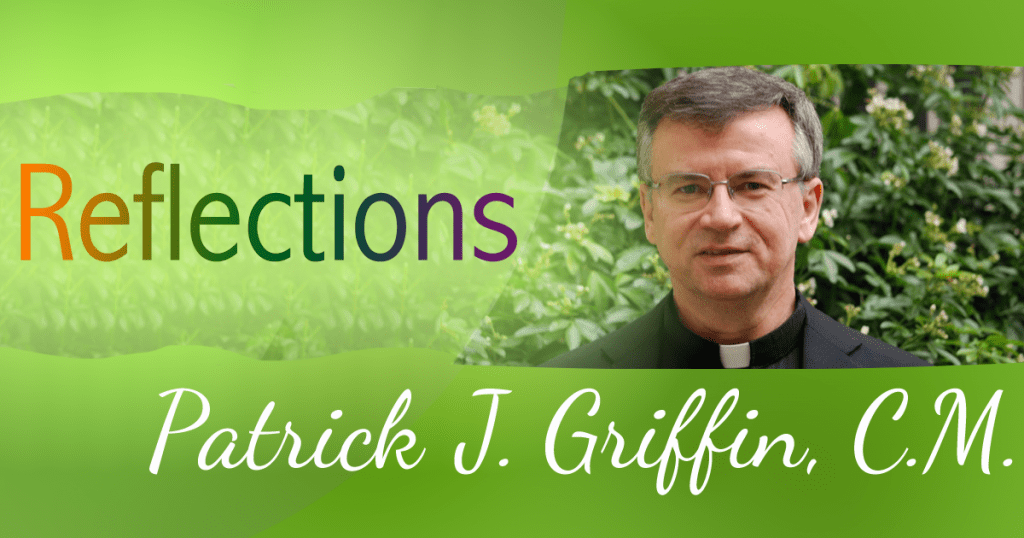
In this “Year of Mercy,” a consideration of the lessons which the Father teaches in the parable of “the Prodigal Son” cannot be denied.
Sometimes, when I speak to groups of parents about this story, they place blame on the Father. They say: “He was too lenient and generous to the younger son and that is why he did what he did.” That, of course, misses the point, but suggests an interesting position. The parable asserts that the Father loves his children unconditionally. He wants them to be happy and free. He allows his younger son to choose freedom, and he allows that son to suffer the consequences of this choice. The younger son will never be an adult and never be able to choose wisely until he has the opportunity to exercise his freedom.
Does that sound familiar? Really, it is the story of Adam and Eve all over again. A loving God provides for his children a comfortable place to live and remain close to him, and he gives them the gift of freedom. They can choose to remain close and allow him to be their Father or they can choose to follow their own desires. They choose the latter. The younger son of the parable has come to know the meaning of original sin and all subsequent sin: the freedom to choose to separate oneself from the Father (and his brother). (Like Adam, the older son places the blame for the situation on the Father.)
Having given his younger son what he wants, the Father has not abandoned him. The story is clear. He has been awaiting his return. Listen again:
While he [the younger son] was still a long way off, his father caught sight of him, and was filled with compassion. He ran to his son, embraced him and kissed him.
Those words bring a tear to my eye. The action is swift and decisive:
- He spots him at “a long way off”: the Father has not been waiting for his son to arrive at the home and knock on the door; he has been watching for him; one can imagine him frequently scanning the road as far as he could see in hope of catching a glimpse of his son returning.
- He is “filled with compassion”: not anger, not satisfaction, not indifference but compassion; the Father feels the hurt and need in his son. In many texts, we read that Jesus is “filled with compassion” when he provides for the hungry or heals the blind, leprous, and possessed.
- He “runs” to him: the Father rushes to the Son to cut down on the time of their separation and brings the energy to his return.
- He “embraces him and kisses him”: the Father loves his son and is not afraid to show it even—and especially—now.
The son attempts to get into his prepared speech (“Father, I have sinned against heaven and against you; I no longer deserve to be called your son. . .”), but the Father will not allow him to finish it. He summons those who are genuinely servants and sends for the items which identify his son—get the finest robe, bring rings for his fingers and sandals for his feet (the servants would be barefoot), slaughter the fattened calf. In the Jewish home, there would be one calf which would be prepared only for the big celebrations. This is the one which the Father orders prepared for his returned son. There are no half-way measures in the Father’s joy. Where the son is wasteful, the Father is abundantly generous.
Whatever the motivation, no matter the genuineness, the Father celebrates the son’s return in the most colorful manner which he knows—a feast. We do not even know how much the son loves the Father. However much that was, it was not enough to prevent him from leaving home. Even now, on his return, we do not know the depth of his love nor his commitment to stay. What we do know is that the Father loves his son and wants him with him.





0 Comments